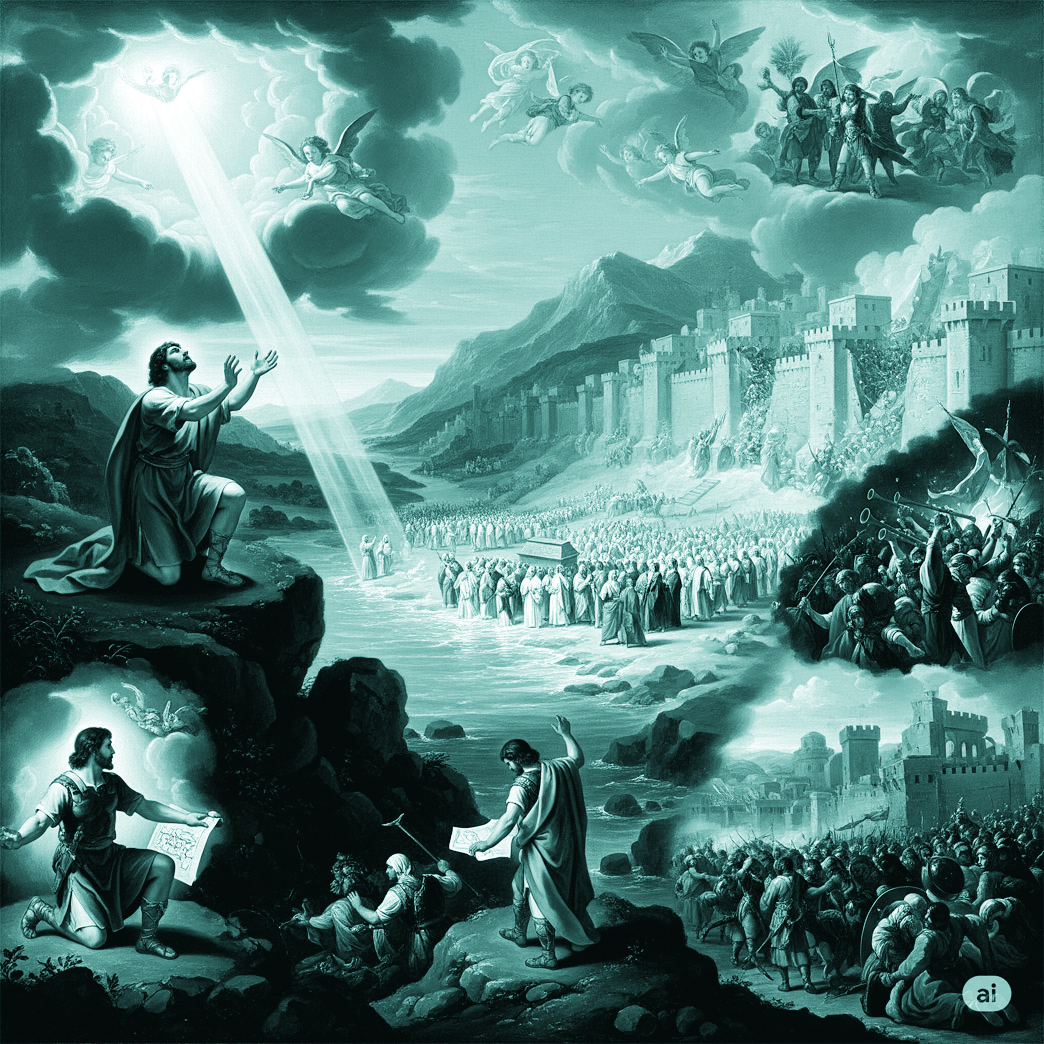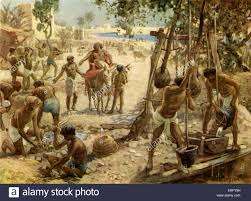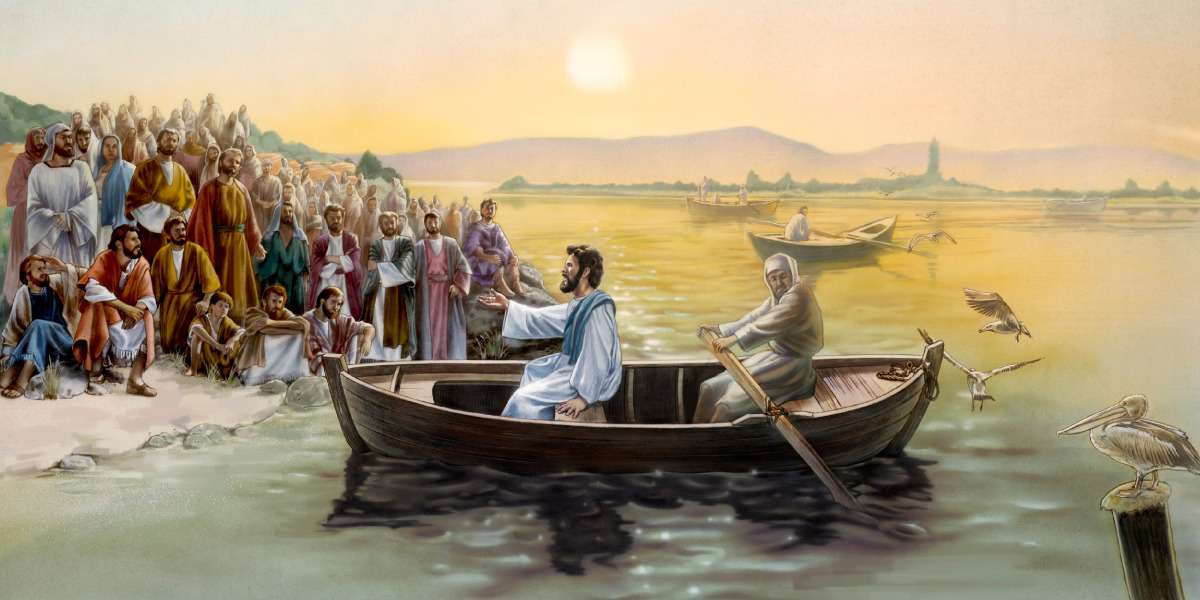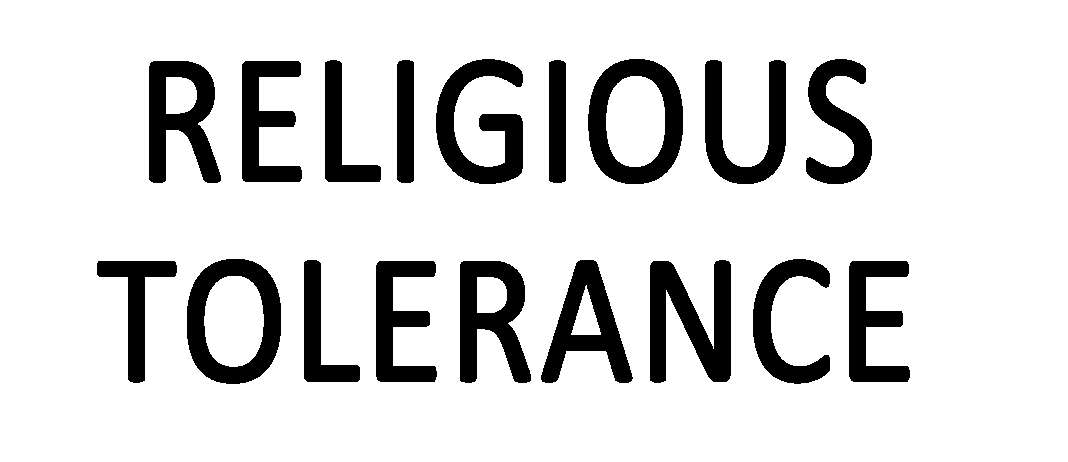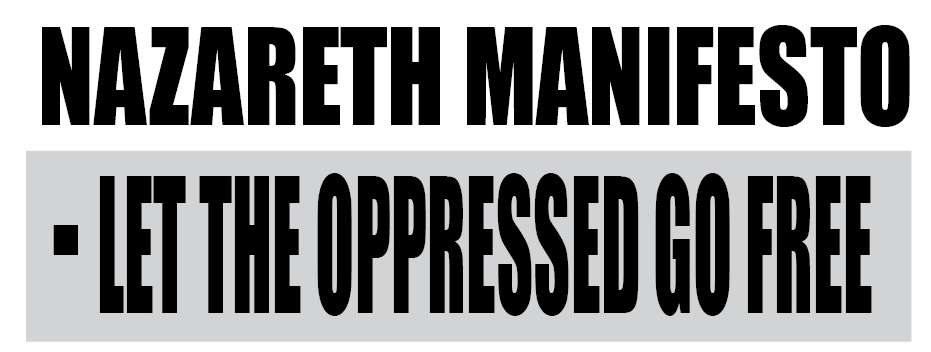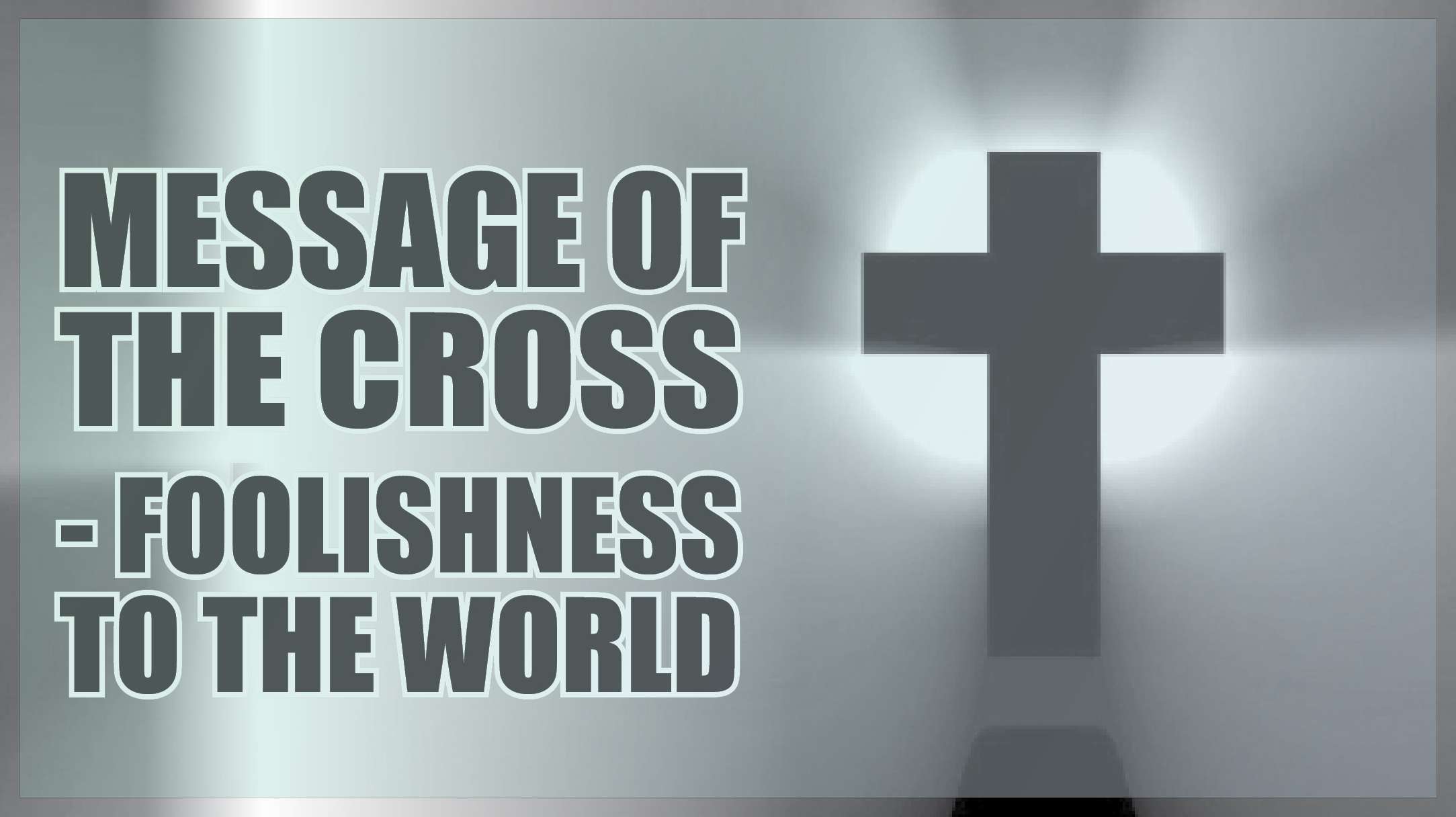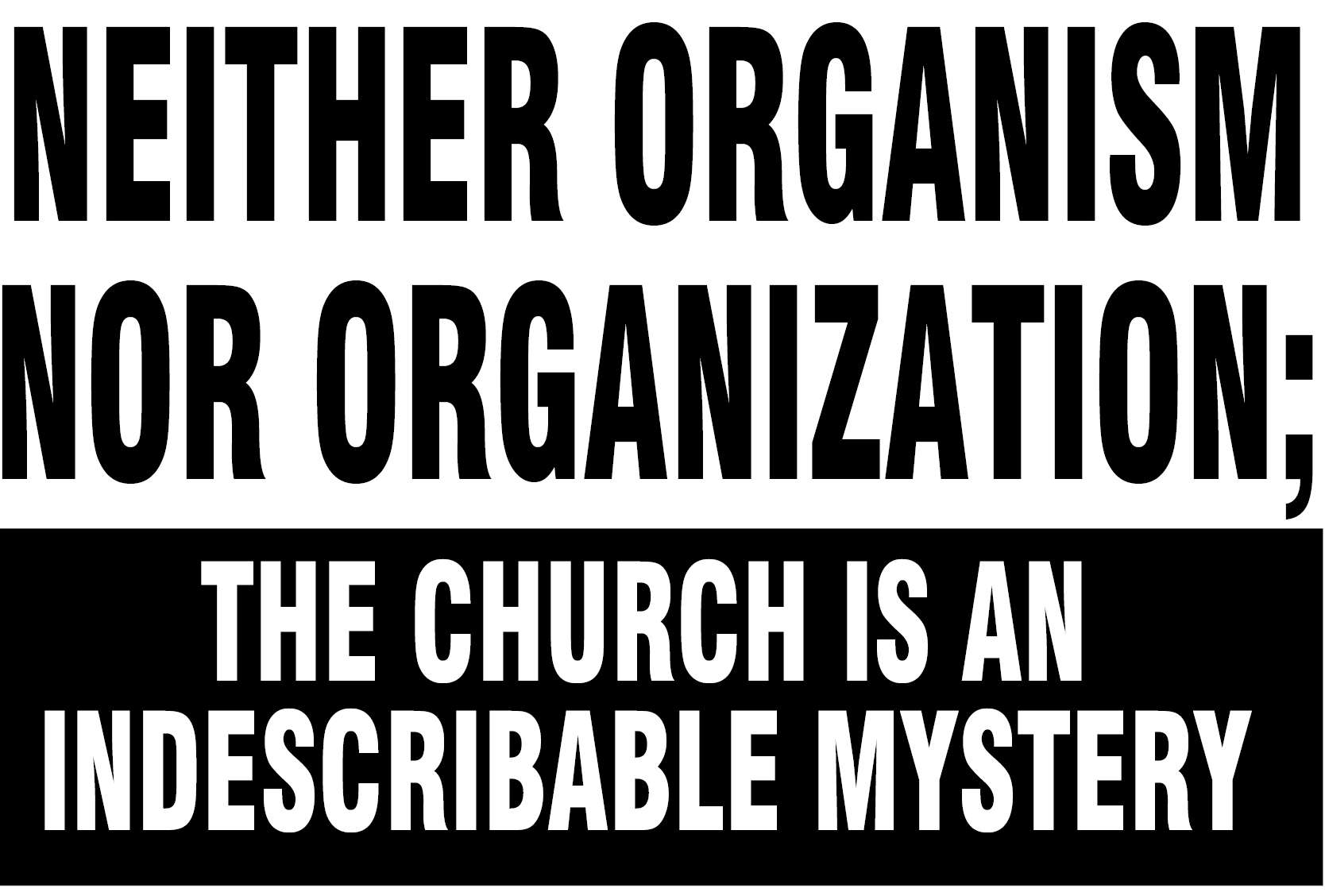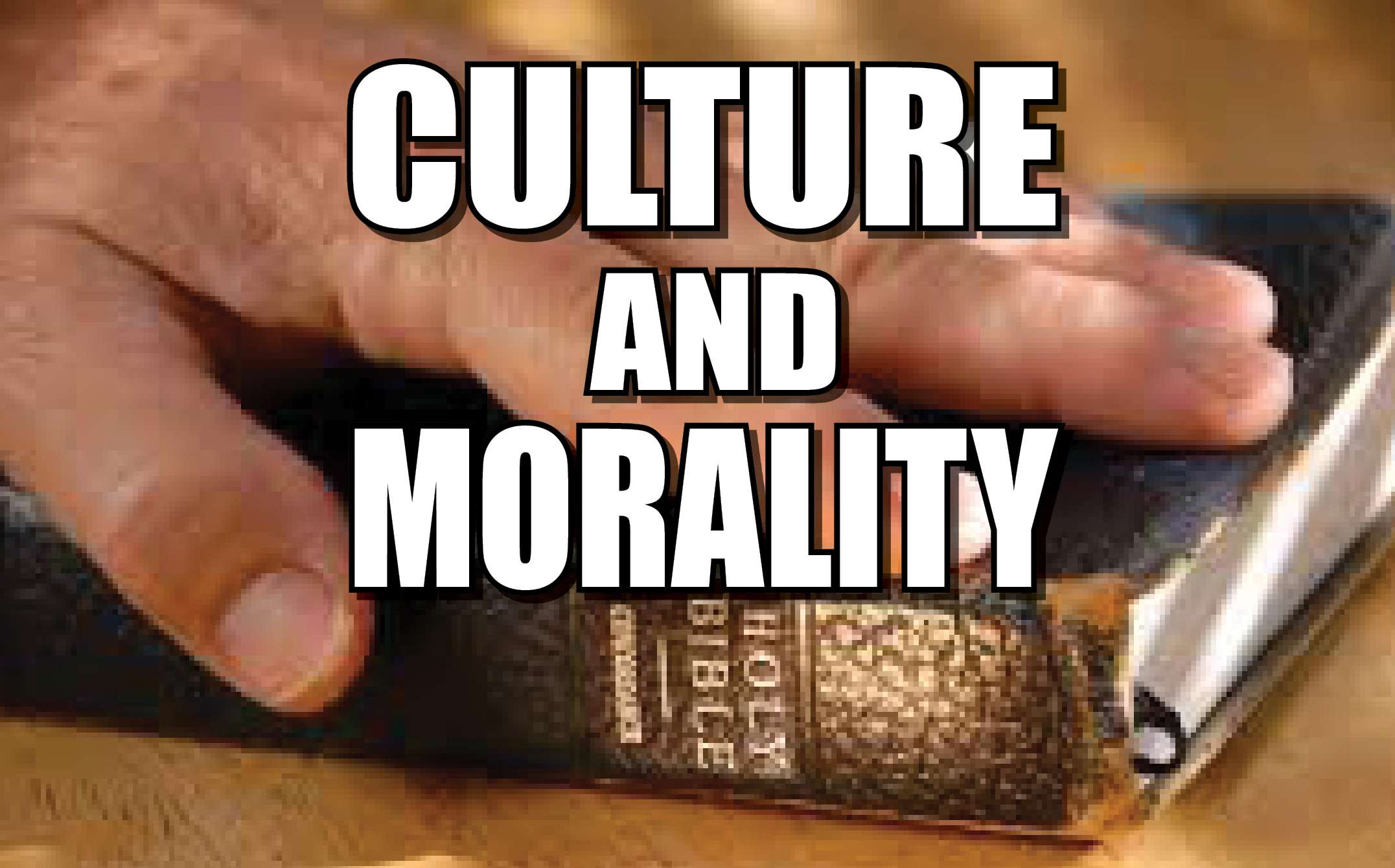

Culture and Morality
Dr. J. N. Manokaran
Morality
Moral could be defined as ‘principles of right and wrong choice or behaviour.’ Moral values determine human behaviour. Moral values and cultural values could be one and same in a certain context. However, it is not so always so. For Christians, moral values are essentially derived from the Bible and it is also termed as ‘righteousness’ (Matthew 6:33) or ‘holiness’. However, people who do not believe in Bible tend to follow values that are determined by culture and social norms.
Culture
Culture could be defined as learned beliefs and behaviour of a social group.The values and norms are mostly unwritten and learnt as a child grows up in that cultural environment. Cultural values are learnt from several sources like family, education, peers, authorities, traditions, religion. Early days of children are influenced by family; as they grow in adolescence, peers have more influence; Teens are more influenced by media.
Popular culture
Popular culture is expressed and promoted through TV, movies, social media…etc. Popular cultural values are ‘fluid values’ that are just fad or trends and do not last long. In a youngster’s parlance, such values are labelled as ‘cool’ or ‘not cool’.
Conflicting values
Values could conflict. For example, a child’s behaviour in home may not be accepted in school and vice versa. There are values that parents hold as important, may not be held at same level by others. In the same way, moral values also conflict, if it is determined by context or culture. That is why some people think there are ‘white lies’ and ‘black lies’. For them ‘white lies’ result in good while ‘black lies’ in evil.
How are moral values are determined?
Moral values and behaviours are just the leaves, flower, and leaves, and fruits of a tree. Nevertheless, these are supported by stem or trunk, which is held by roots. Hence it is necessary to understand the three aspects of moral values. (see picture) Anthropologists state that the root is the ‘Belief’ or ‘Worldview’. From the root springs the trunk which are human and cultural institutions: family, education system, government, media, social-relationships…etc.
1) Worldview/Belief
This is generally based on belief or religious doctrine or irreligious ideology. Christian worldview is based on the revealed Word of God, the Bible. Hence, the worldview based on the Truth remains consistent throughout the changes that happens in the environment transcends geography, culture and time.
2) Institution
Based on belief system, institutions are organized. There are many institutions like family, education system, governance, economics, media…etc. Relationships, roles, communication…etc are shaped in these institutions based on worldview/belief.
3) Behaviour
Worldview/Belief and institutions provides an individual with values or paradigm that is expressed in behaviour. Many times, people are puzzled, why some behave in such manner? Behaviour is apparent, while the reason is not easily visible.
When worldview of a culture states sun as god to be worshipped, then government (institution) will organize worship of sun in schools, and not tap solar energy. If there is a Christian worldview that sun is a creation, for the benefit of humanity, then solar energy would be produced.
Example of Caste system
Caste system that is ingrained in the minds of people in India is a good example. The Worldview/Belief is based on the creation idea of Indian philosophical and religious systems. The belief is that god created humanity from his different sources: head, chest, stomach and legs. Those who sprang from head work with their minds, priestly class and are generally Brahmins. People of valour, kings and warriors were created from chest. Provision for food is done by people who are called Vaishyas that includes farmers, businessmen, shepherds…etc. Service providers to all other categories were created from legs. This origin theory provides the root of caste system. God for them has created the world of humans not as equals but as hierarchy.
The trunk is the institution of caste system. This system defines the norms for relationships. There is a clear hierarchy, who is greater than the others. Inter-dining also has norms. Marriage relationships are also defined: who can marry whom?
The leaves, flowers and fruits are the implication of this. Based on the worldview and the institution of caste system, value of each person is determined. The behaviours like ‘untouchability’, hatred of other people of castes, restriction for young people to marry outside caste, honour/horror killing, caste conflicts…etc are the result of deep-rooted religious belief/worldview.
Culture: Worldview and Institutions
In essence, culture is a combination of worldview and institutions. In fact, many people may not understand or accept the worldview, but unconsciously following the culture. A child from a high caste is taught not to mingle with a low caste friend or keep a safe distance from him. The child does not understand the reasons for it, tries to obey her parents. Even when the child asks for reasons, parents may not explain until they grow up as teenagers. As teenagers, they may not accept the worldview, but follow piously the cultural norm as prescribed by parents and relatives. Of course, there may be some people who become rebels and revolutionaries.
Morality rooted in culture
Moral values are determined by cultural understanding that has worldview or religious belief as the root. Culture prescribed duty for responsible individuals. The duty is also termed as ‘dharma’ which is a deed of righteousness. When culture is the prism to view what is right and wrong, there will be different approaches and answers.
For example, ‘blood is thicker than water’ is a known adage. Family is important and priority over others. Hence, a government official who has privileges and authority has to use it in such a way that it benefits his family members. If the government official or politician son applies for a job in the government job along with numerous others; it is the duty of the appointing authority to choose his own son, as it is his ‘duty’ or ‘dharma’ to help his own family, kith and kin. This is absolutely right in their perspective. For the people who are shaped by this culture do not consider showing favouritism or partiality as sin. This violates the biblical principle of treating all as equals and not being partial to anyone. (James 2:1-13)
Culture inspired morality vs. Scripture inspired morality
Values are not relative
In postmodern society today, culture is exalted to divine status. There are no absolute values or truth. When all cultures are accepted as equal, then all worldviews or beliefs are assumed as same. Hence behaviour of individuals has to be evaluated from their own perspective (subjective) and not with absolute standards as they deny any absolute standards. Hence, all values and aspects of behaviour becomes relative and flexible.
Culture conditioned values
In a highly hierarchical culture like Indian culture, a person of honour (an officer or politician) should come late for a function or programme so that all those who are inferior could wait for him. Coming late adds to their stature as ‘big personality’. Not being punctual has greater value in that culture. In other words, by coming late, a person shows the right status or place for all others. In a culture that treats all as equal, considers coming late by any individual is lack of respect for others and also stealing time of all others. Now, there are contradicting values. One culture condones not being punctual, other condemns for not being punctual. Hence, culture specific morals cannot be ‘right’ or ‘righteous’.
Moral confusion
Unfortunately, the world is thrown into moral confusion, as Scripture is rejected, and local-culture is exalted. When morals are determined by subjective experience of an individual or a culture, there is danger of unrighteousness, injustice and violation of God’s laws. Let us consider another example. Indian political guru Chanakya states: “It is impossible to know when and how much water a fish drank, similar is the act of stealing government money by officials.” Taking bribe is normal according this perspective. Bible states that bribe takers are blind to justice. (Exodus 23:8) That means, Indian cultural values have more tolerance to corruption (bribery) than a culture that is shaped by Bible.
Need of Absolute morals
Therefore, there is a need for scripture-inspired absolute moral values. Bible is the Truth. All moral values derived from Bible are true values and absolute values. These biblical moral values transcend cultures, geography and time. The uniqueness of these absolute morals is evident from the fact that Lord God Himself wrote the Ten Commandments. (Exodus 31:8) Bible is inspired by the Holy Spirit. (II Timothy 3:16-17)
There is no other valid document that provides absolute morals. Most of the sacred writings do not have divine authority and moral sustainability. They are inadequate to be applied to whole humanity.
Evolution of Moral Values?
There are people who argue that the values gradually evolved as civilization grew, refined and extended. It is natural progress and collective history of humanity. They also believe that the values will evolve further as days go on. Those who firmly believe in the ‘theory of evolution’ proposed by Charles Darwin logically conclude that moral values also gradually evolve.
Evolve or Revolve
Moral values did not evolve as some wish to portray and understand. They are generally claimed by those who generally reject God. In reality, human moral values revolve around the Character and Attributes of God revealed in the Bible. Personal God has attributes of love, holiness, justice…etc. When God created Adam and Eve, he created them in His Own Image. (Genesis 1:27)
When moral values are evolved, it should be discovery by human knowledge. However, it is not possible as bible declares: “For all have sinned and fall short of the glory of God” (Romans 3:23) Sinful humans cannot derive or evolve or originate holy or true moral values. Bible states that human on their own do not have capacity to develop moral values.
Empty values
When a tree is cut from the root, it would rot and die. Hence, moral values that do not originate from the root of Scripture would rot, stink and die. For example, there is a list of human rights determined by the United Nations. Who ordained or authorised the creators of Human Rights to list them? They lack authority and authenticity. Some clever and wise people wrote a charter and it got approved by some national representatives and made mandatory for all humans. However, there are nations who reject these rights.
Human rights are not possible when the whole living beings are evolved. In the process of evolution, the ‘law of the jungle’ prevails, which is: ‘survival of the fittest’ and ‘might is right’. Human rights charter is contrary to these principles of theory of evolution,
If religious worldviews are considered; Hinduism believes in hierarchy and not equality. Human beings are not born equal according to their religious belief so does other religious beliefs also. Hence, ‘all humans are born equal’ did not evolve from religious beliefs, but from the creation account of the Bible. (Genesis 1)Hence, Human Rights are not what few men bestowed upon themselves but granted by God who created all creation including human beings.
Fallacy of Futile thinking:
Human bestowed human rights are now challenged by human bestowed ‘animal rights’. There are some activists who think humans and animals enjoy same status; hence, rights of humans and animals clash. The planet earth is given a status that of ‘mother’ and claimed to be ‘eternal’. Hence, the moral value for the world view is environment concern of protecting the eternal earth. However, the bible teaches that the present earth will pass away: “Then I saw a new heaven and a new earth, for the first heaven and the first earth had passed away, and the sea was no more.” (Revelation 21:1)
Morality based on Revelation of God
Culture is not an entity derived by divine inspiration. Though there are traces of divine virtues, culture is not divine. Culture is a human construct based on certain beliefs. The beliefs could be atheistic or agnostic or religious. As explained, the moral values and virtues derived from human evolution or religious beliefs do not match even the so-called humanly derived Human Rights and other similar charters. Then those human charters propagated by United Nations are derived from a source that they do not want to acknowledge is the Bible: Revelation of God. Hence, all forms of highest virtues and human values are derived from the Holy Scripture.
Not only they are revealed in the Bible, they are demonstrated by Lord Jesus Christ. Stanley Jones, missionary statesman states that Lord Jesus Christ is the ‘Ultimate Personality’. All highly valued human virtues and moral values are evident and demonstrated in the life and ministry of Lord Jesus Christ. For example, if love or humility or forgiveness are considered as greatest virtues; they are seen in the perfect manner in Lord Jesus Christ.
We can conclude that there is no morality or virtue or values apart from the Holy Bible or Lord Jesus Christ. As Christians we have the power of the Holy Spirit to live according high standards of Scripture and Model of Lord Jesus Christ.
Scripture or Culture
As Christians we are always faced with the dilemma of following Scripture or Culture. Disciples of Lord Jesus Christ will always choose to follow Scripture, even when it is against the dominating culture or popular culture. Christians believe that Scripture is greater than culture and has authority to condemn culture. Scripture when received in a culture; redeems and transforms that culture.
“Do not be conformed to this world,but be transformed by the renewal of your mind.” (Romans 12:2) Bible clearly states that Christians should not be shaped or conditioned by the culture of the world. Instead, they should be transformed by renewal of mind. The truths of the bible only can renew the mind. We ought to follow biblical morality and not cultural morality.

